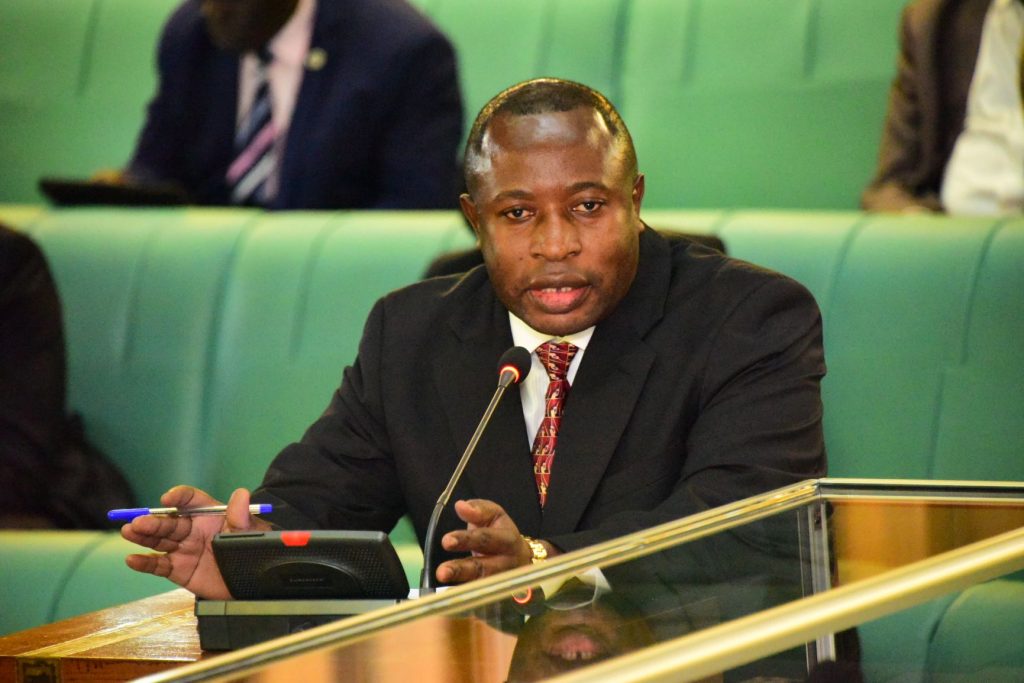
The Landlord and Tenant Bill, 2019 has finally been passed, with the payment of rent in US dollars now being outlawed, coupled with a cap on the increment on rent fees allowable within a year.
The Bill was passed following a lengthy sitting on Wednesday, 26 June 2019.
Debate on whether to allow the payment of rent in United States dollars or Uganda shillings raged for a long while, with some landlords being singled out for habitual arbitrary increment of rental fees, and demanding that the same be settled in US dollars.
“I think we need to strengthen our currency…we are advocating for a commitment that we need to be consistent [in payments]; foreign currency in the market can destabilise the market,” said the Minister of Trade and Industry, Amelia Kyambadde. She too, like the majority of MPs, opposed the payment in US dollars.
This was the letter and spirit of clause 23(2) of the Bill.
“All rent obligations or transactions shall be expressed, recorded and settled in the shilling, unless otherwise provided under any enactment…,” partly read the clause.
MPs Gaster Kyawa Mugoya (NRM, Bukooli North County), Annet Nyakecho (IND, Tororo North County) and others voiced support for the proposal, which later carried the day.
According to the new law, increment of rent must not exceed 10 per cent in a given financial year, to hold the hand of callous landlords who are a pulse away from throwing the extra financial burden on the troubled shoulders of tenants.
It is provided under clause 27 (1) of the Bill.
“A landlord shall not increase rent at a rate of more than 10 per cent annually or such other percentage as may be prescribed by the Minister by statutory instrument,” notes the provision.
Sub clause 2 requires a 90 days’ notice to be issued to the tenant in respect of any increments, and silence may imply that the rent as charged is agreeable to the tenant in question.
Also salient in the Bill is the issue of payment of utilities, a responsibility which has unequivocally been rested on the shoulders of the tenants under clause 12 (1).
For payment of rent starting from Shs500,000, a written agreement shall be required, whose terms shall comply with the provisions of this Bill.
Evictions are now a matter that will be executed with court orders, and will require six months prior notice, and failure to observe the same could land a landlord in jail or loss of income equivalent to three months of the rental income.
Court may as well decide to issue sentences to an offender who in this case could suffer both jail and a fine as stipulated in the Bill.
Another provision in the Bill is the empowerment of local council courts, which, if the legislation is finally assented to by the President, will give it the latitude to hear and determine disputes to higher than Shs2 million in value.
Annoyance of tenants by landlords or their agents has also been defined and declared to be an offence.
The State Minister for Housing, Dr Chris Baryomunsi, cited rudeness of landlords, inaccessible, unapproachable and deliberate actions to force tenants to vacate premises as constituting annoyance.
The House agreed that “a landlord or his or agent who willfully subjects a tenant to any annoyance with intention of inducing or compelling the tenant to vacate the premises or to directly or indirectly pay higher rent commits an offence.”
The State Finance Minister for General Duties, Hon. Gabriel Ajedra’s attempts to sway the House against passing the Bill in its current form met stiff opposition from the House, including members of the Cabinet.
